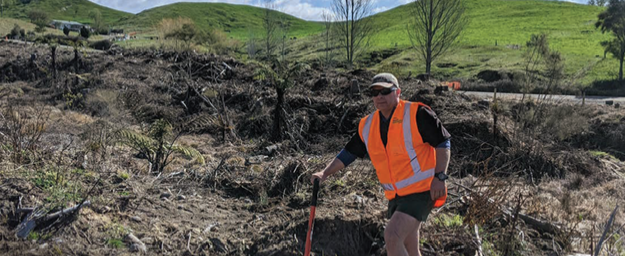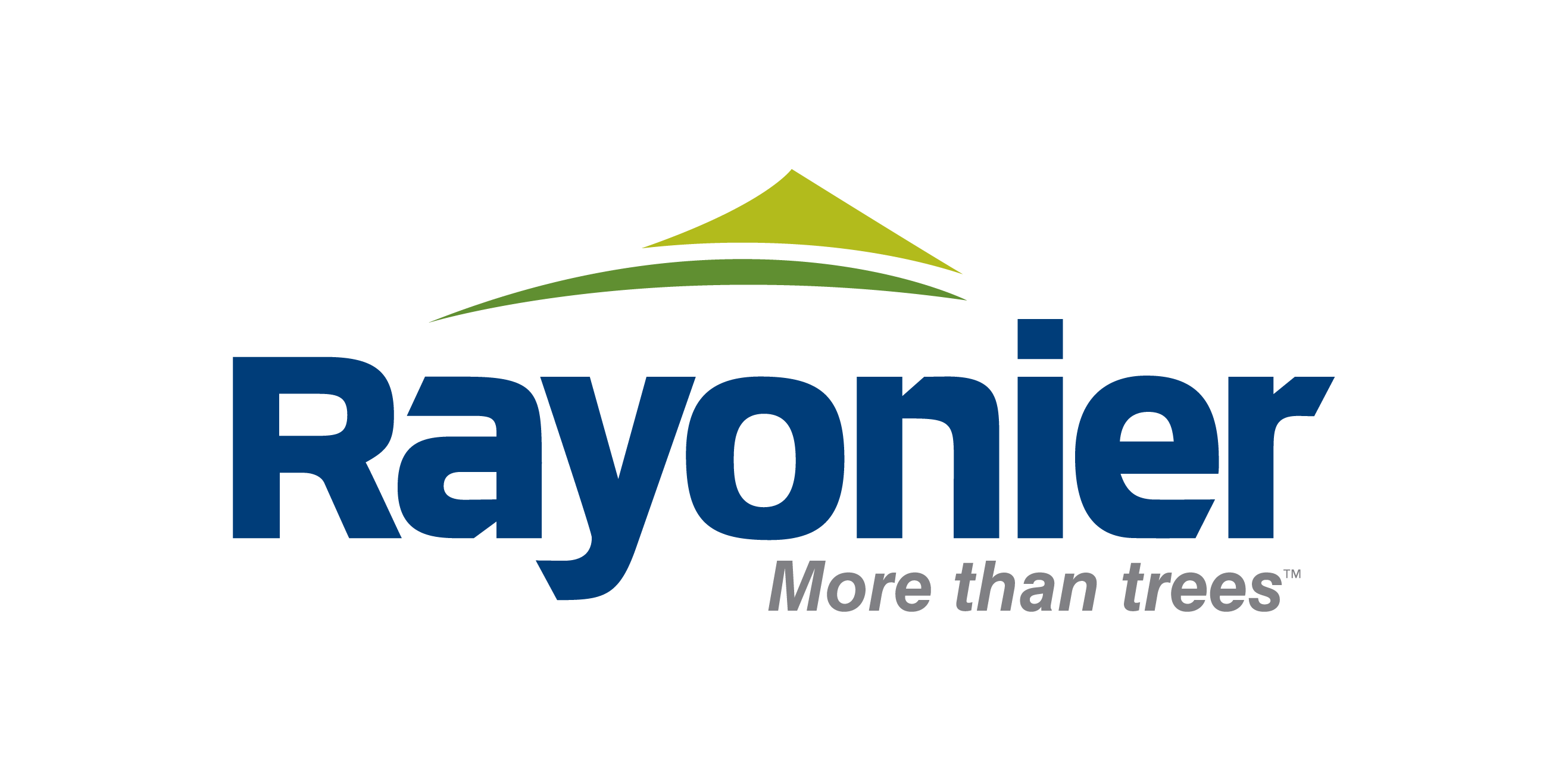Rayonier 2021 Sustainability Report: Water Quality
Rayonier 2021 Sustainability Report
Working forests and their associated watersheds play a critical role in capturing and filtering water used by people, communities, and wildlife.
We adhere to all regulatory requirements and deploy best management practices to protect the water quality in our forests, which is essential to the long-term sustainability of our forests and the welfare of the communities they support. Rayonier has specific guidelines that are maintained, updated, and used for mapping our forestlands to help ensure that our harvest plans and timber inventories exclude lands that are environmentally sensitive. We adhere to long-established best management practices requiring protective buffers along waterways, limitations on roads and heavy equipment, and reduced or eliminated harvesting in environmentally sensitive areas. In addition, we plan our forest management and harvesting activities to prevent sediment and other pollutants from reaching streams. For example, in the state of Washington, our roads are updated and improved under regulations established by The Forest and Fish Law, and thereby incorporate many enhanced features to ensure the health of streams used by salmon and trout. In New Zealand, water monitoring for total suspended sediments (TSS) is undertaken at select sites nationwide. We also participate with regional councils undertaking state of environment (SOE) testing, which assesses stream health.
Rayonier’s approach to forestry regulations remains proactive and we work to enhance our relationships with regulatory agencies and local communities through transparent communication and active involvement. Rayonier team members often serve on boards of regional water management and forest practice committees, which set best management practices for landowners with regard to maintaining water quality.
CASE STUDY: HAWKES BAY RESTORATION
Matariki Forests’ kaitiakitanga (guardianship) and whanaungatanga (connections with people and working together) extends across all facets of forestry operations and is seen in action through our community and environmental initiatives.
The successful restoration of a small wetland in Hawkes Bay has been estimated to hold up to one million liters of water and has the potential to keep Lake Tutira at a cooler temperature during the summer, which will bring significant benefits to the surrounding land and local biodiversity. Rayonier Matariki donated a buffer zone around the wetland, as well as contributed to the restoration efforts.
The movement of water through the wetland was restored by using permeable and impermeable dams which enhanced the water quality, reduced down stream flooding, and increased the habitat for native fish species in the flowing sections of the stream. Additional work was undertaken including weed clearance, planting of native grasses, shrubs and trees, pest control, re-fencing, and the construction of leaky weirs to arrest water flow and stop sediment from flowing downstream and entering Lake Tutira.



